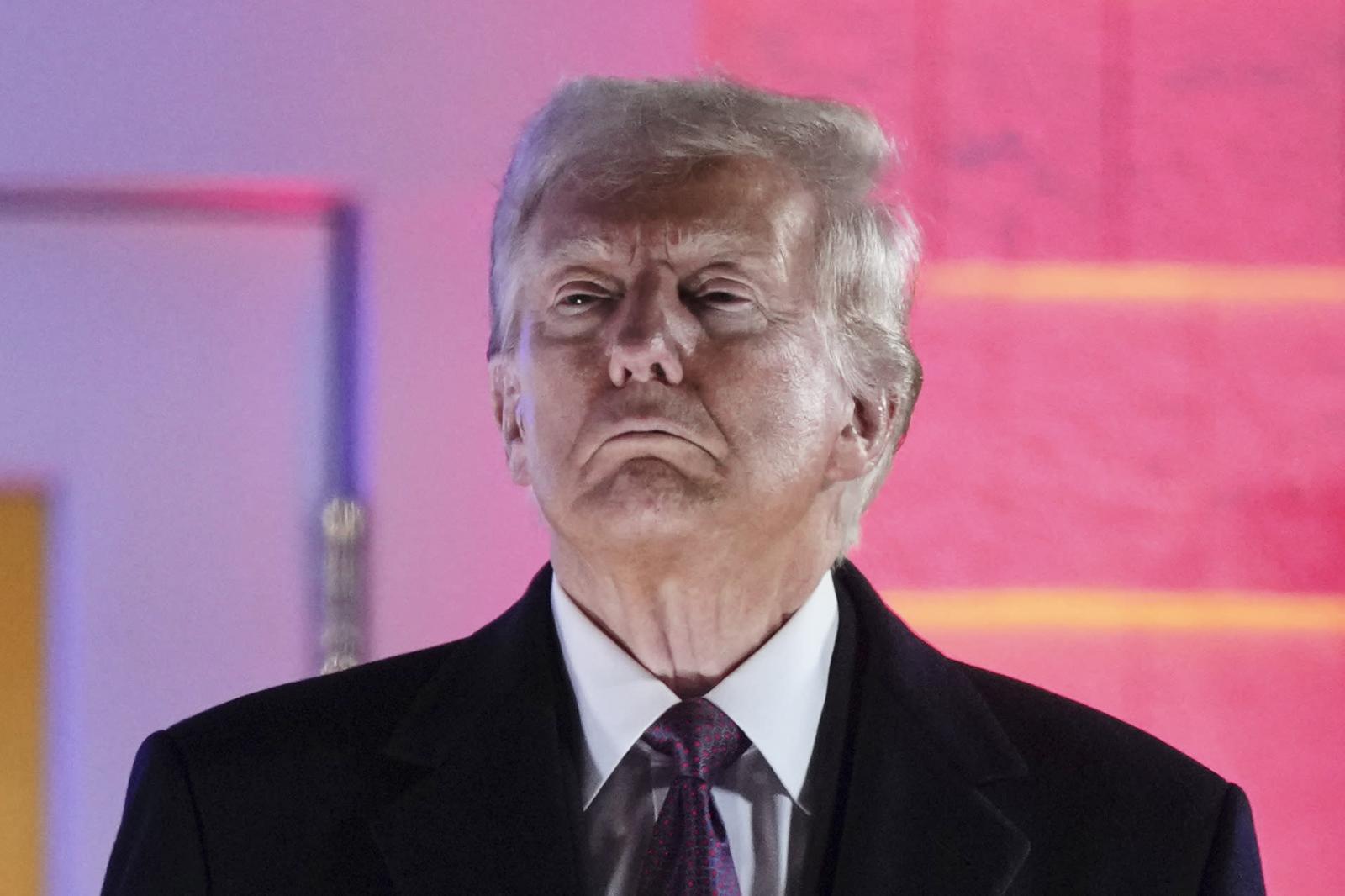Article published on the ASSET website
A debate is ongoing if Olympic Games should be cancelled, moved or delayed because of the Public Health Emergency of International Concern declared by WHO on 1st February 2016 on microcephaly in Brazil, which is being proven to be associated with Zika infection. On May 25th, 150 experts in bioethics, public health and social sciences signed an open letter to the WHO, asking to skip the Games, in order to avoid a further spread of the epidemic. The main point of the letter is the uncertainty related to many variables, which “makes impossible for mathematical models to predict the epidemic’s course accurately”.
The response of the WHO, published on line on May 28th, is clear: “…Based on current assessment, cancelling or changing the location of the 2016 Olympics will not significantly alter the international spread of Zika virus…”. Brazil is just one of almost 60 countries involved by the epidemic of Zika virus, and people continue to travel among these territories and abroad for a variety of reasons. The quote of people who will go to Brazil for the Olympics is small compared to the totality of those who visit it every year; the winter season, in which the Olympic Games will take place, implies a reduction in the number of mosquitoes, and postponing the Games would not be a proper solution. The WHO affirms that “…it is providing public health advice to the Government of Brazil and the Rio 2016 Organizing Committee, on ways to further mitigate the risk of athletes and visitors contracting Zika virus during the Games, and will continue to monitor the situation and update advice as necessary…”.
On May 12th, recognizing the need of the athletes who are going to participate to the Olympic and Paralympic games to receive more information on the risk of Zika virus, the WHO had already published a statement on this topic.
The International Olympic Committee (IOC) also took position against the possibility of cancelling the Olympics, and the Brazilian Minister of Health affirmed the commitment of the Brazilian government to put in place all the necessary measures to protect the health and safety of all people attending the Olympic Games.
Zika virus is transmitted by mosquitoes of Aedes species (Aedes egypti, but in some measure also by Aedes albopticus, commonly known as tiger mosquito). The research conducted during these last months brought light on a disease that had long been ignored, and now the risk of fetal microcephaly has been confirmed, as much as the possibility of sexual, transplacentar and blood transmission. While a DNA vaccine is entering a first clinical trial, the WHO has developed and transmitted a series of recommendations intended to reduce the risk of being infected: prevent mosquito bites; practice safer sex or abstain from sexual activity during the stay and for 8 weeks after the return (or for 6 months, if one has had symptoms of Zika infection); avoid travelling to areas with ongoing virus transmission during pregnancy. These same precautions were recommended to the athletes
But is the risk of “importing” Zika virus in Europe concrete?
“It is possible, but we need a competent mosquito,” says Claudio Venturelli, an Italian entomologist. “The virus should replicate in the salivary glands of the insect to be transmitted, and this process is highly effective in Aedes egypti, that we find in Europe only in some areas of Georgia and in Madeira. Aedes albopticus, much more common in Europe, is mildly competent, so the risk is low. Anyway, it is important to maintain a good level of consciousness without alarming people”.
“However, Zika is a RNA virus that changes rapidly,” explains Claudio Po, an expert in Hygiene and Public Health. Thus, “even if the Brazilian strain is the same previously circulating in Asia, it is partly different from it and we are not sure about its possibility of being transmitted by Aedes albopticus. This tendency of the virus to mutate makes more difficult even to realize a vaccine”.
The debate continues on the net, with Amir Attaran, the main author of the open letter, raising concerns about the risk of pandemic on his Twitter account, researchers trying to estimate the risk for acquiring a Zika virus infection, and athletes considering the possibility of giving up the Games.
The WHO is not ignoring this controversial situation.
On June 14th, the third meeting of the Emergency Committee was held in order to consider the potential risks of Zika transmission for mass gatherings, with specific reference to the Olympic Games. The Director General confirmed the continuation of the Public Health Emergency of International Concern (declared last February 1st). The potential amplification of transmission of the disease does exist, nevertheless the Committee concluded that there is a very low risk of further international spread of Zika virus, considering the season and the vector-control measures taken. The Committee addressed its advice to two categories of people: international travelers (athletes included) and institutions responsible for the Olympics. The first were advised to follow the general health measures considered above. Institutions and governments were invited, according to their own role, to prepare a risk assessment prior to the event, to accomplish and increase measures to reduce the risk of Zika infection, to make travelers fully informed about the risk and the precautions to take, and to establish protocols for managing returning of people with Zika infection.
A dialogue among institutions and citizens – founded on transparency and sharing of knowledge – continues, in order to provide safety conditions to the event.



